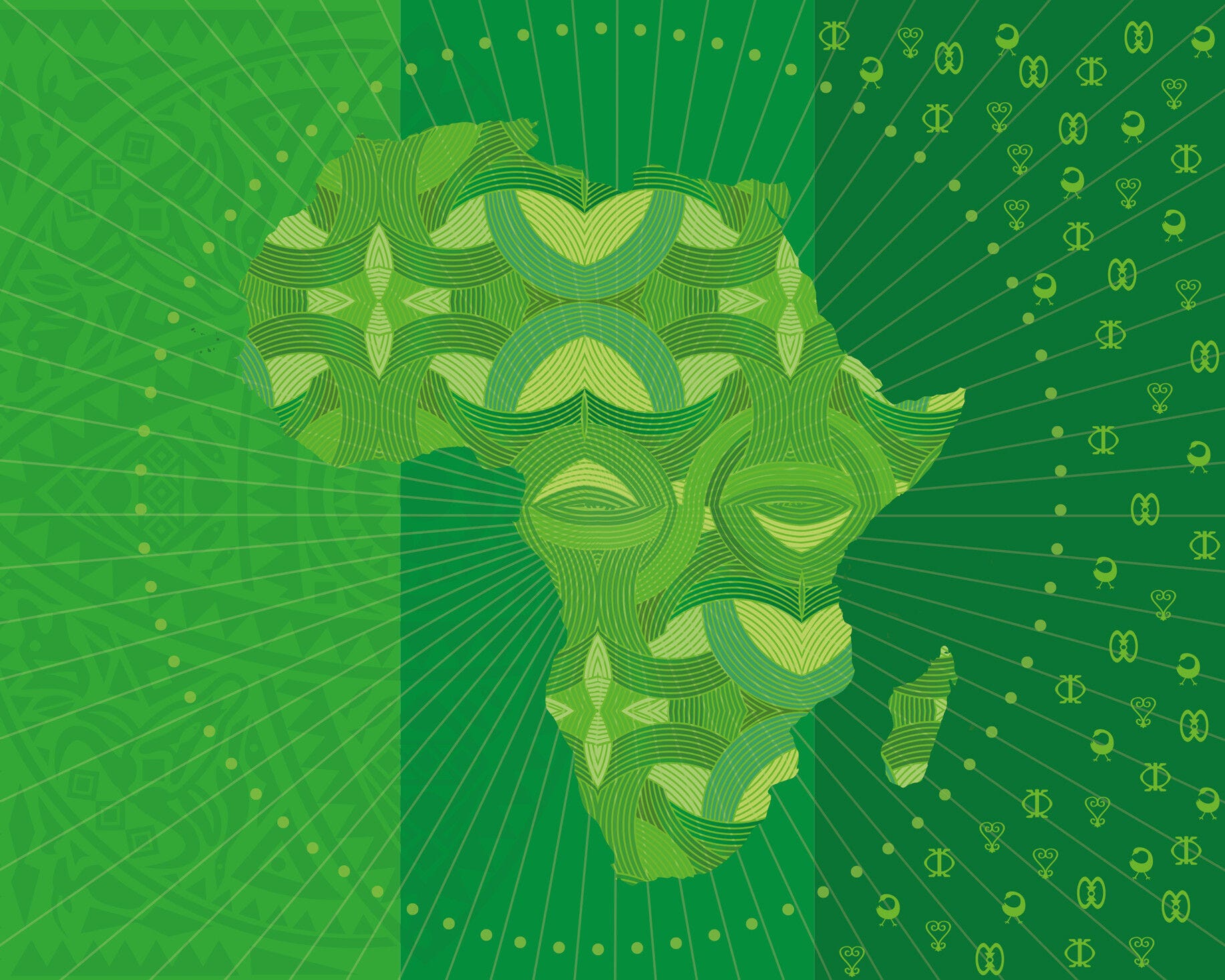Incorporating the idea of “Regional value chains for a sustainable recovery” into Africa’s economies means developing production linkages across countries and regions to unleash stronger, more inclusive and sustainable green growth. Integrating value chains will accelerate productive transformation and create more quality jobs. An African value chains approach for productive transformation enables firms to grow through regional production networks.
The African continent needs more and better growth to ensure sustainable recovery. African economic growth is projected to reach up to 3.9% in 2022. This rate, higher than that of Latin America and the Caribbean, signals a continued rebound in African economies from the global low of 2020.
African Union policy makers have more ambition. Under Agenda 2063, African governments tasked themselves with achieving at least 7% growth per year to catch up with the rest of the world, create jobs and reduce inequalities. The Africa’s Development Dynamics series underscores the importance of productive transformation to achieve the visions and aspirations of an integrated, peaceful and prosperous continent, which plays a major role in the global arena. The African Union’s flagship initiatives represent strategic solutions to support Africa’s sustainable recovery.
African governments created an unprecedented opportunity for developing regional value chains with the start of trading under the African Continental Free Trade Area (AfCFTA) in 2021. This continental free trade area, potentially the world’s largest, will establish common positions on multiple aspects of regional integration such as trade, investment or public procurement regulations in order to stimulate regional production. Trade in processed goods make up 79% of intra-African exports. Producing more goods regionally will make African economies more resilient.
For the first time, this fourth edition of Africa’s Development Dynamics analyses case studies with dedicated policies for each region on the continent. The report lays a roadmap that includes the private sector, the role of domestic resources, and that of strengthening economic linkages. African countries must expand their domestic resources to invest strategically.
To implement this roadmap, the report identifies two priority areas for action:
1. Supporting the digitalisation of intra-African production and trade;
2. Adapting national industrialisation strategies to the new framework established by the AfCFTA.
The international community’s support of the continent’s regional value chains should be part of global efforts to achieving a sustainable global recovery and shared growth. Working together means recommitting to concrete actions to deliver on the development promises made to Africa.
The international community can, and must, do better to supplement African efforts to exit the pandemic. Despite African Union member states’ efforts and international support, only 14% of Africa’s population was fully vaccinated in February 2022. Unequal access to vaccines reveals deeply rooted economic inequalities. Today, one in six people in the world is African. However, African people own less than one-twentieth of the world’s wealth. The COVID-19 crisis magnifies these inequalities.
The research conducted for Africa’s Development Dynamics 2022 informs the African Union’s Specialised Technical Committee on Finance, Monetary Affairs, Economic Planning and Integration; policy planners of the AU member states; as well as the private sector and development partners, through membership of the OECD Development Centre. It highlights strategic actions to unleash Africa’s development through investments in regional production networks as a source of growth, economic diversification, value addition and quality jobs for an equitable and sustainable recovery.

Moussa Faki Mahamat
Chairperson
African Union Commission

Mathias Cormann
Secretary-General
Organisation for Economic Co-operation and Development
